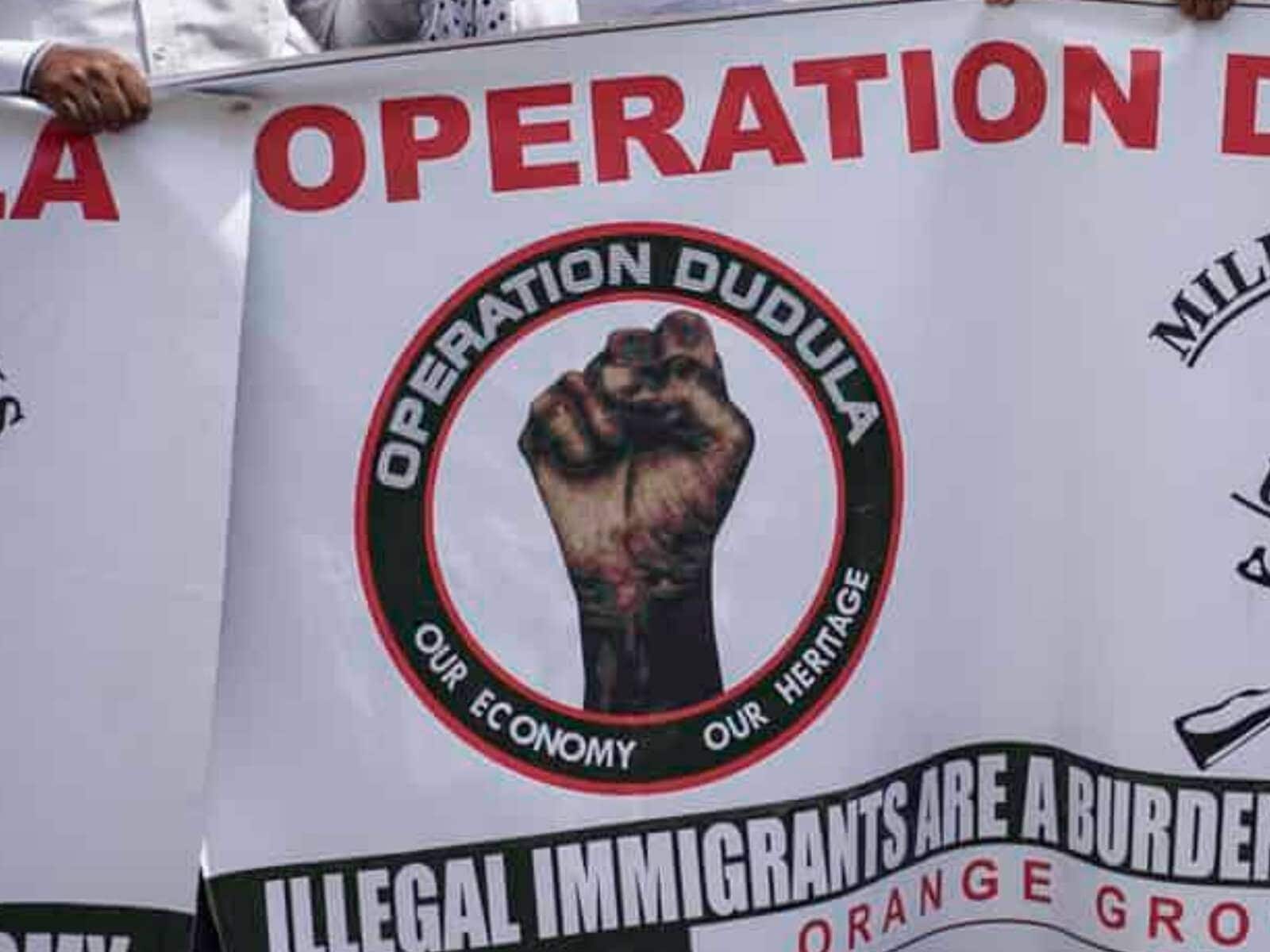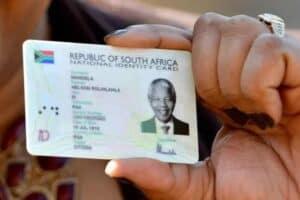SA cannot prevent xenophobic violence with platitudes.

Xenophobic violence doesn’t spring fully formed from a vacuum. It’s the last resort and predictable – though never justifiable – reaction of excluded citizens who believe, often perfectly correctly, that jobs, services and the fabric of belonging that binds a nation are being eroded by an influx of foreigners.
It is condescending to berate people for their “wrong thinking” from a position of privilege. The elite is insulated by protected suburbs, secure jobs, private schools and hospitals.
It is the working class, not the well-heeled, who compete directly with illegals for work.
From the start of our democracy, xenophobia has simmered beneath the surface.
Predictably, the gap between ANC rhetoric and reality soon exploded into waves of xenophobic violence – from spaza-shop killings in the late ’90s to the nationwide attacks of 2008 and, more recently, the ominous Operation Dudula campaigns, so far not yet lethal.
While the violence is undisputed, the scale of the problem is contested. One cannot fix what one cannot measure, and on the question of how many foreign nationals live here – legally or illegally – the estimates swing wildly.
Officially, the 2022 Census recorded about 2.4 million foreign-born residents, roughly 3.9% of South Africa’s population.
That figure, however, is generally met with disbelief. It jars with the lived experience in townships and informal settlements.
It’s also most unlikely that in the decade between the 2011 and 2022 censuses, migrant numbers had increased a mere 200 000 from 2.2 million, especially since Stats SA and the UN in 2022 estimated foreign migrants at 3.9 million and 4.2 million, respectively.
Political views on migration
Whatever the official numbers, at least three opposition parties – the Patriotic Alliance, ActionSA and the Umkhonto weSizwe (MK) Party – are campaigning for tighter borders, the deportation of illegal foreigners and prioritising SA citizens.
ActionSA’s Herman Mashaba advocates mass deportation of illegal aliens, while MK politicians have aligned on the ground with Operation Dudula protests.
Even the EFF, long wedded to a Pan-African, borderless vision of free movement, now says the party is “not vouching for undocumented people” and that South Africans should get priority for jobs.
The ANC, in response to pressures within the party, is also edging towards a harder line.
But the ANC’s overriding imperative is that fever dream, the National Health Insurance (NHI). The problem for our government is the precedent of past generosity.
ALSO READ: SAHRC reports Operation Dudula’s activities to Hawks
In virtually every Western nation, emergency care is free to all, while routine care is limited to residents or those who have medical insurance. SA, which can afford it least, is far more generous.
The constitution guarantees emergency treatment for everyone. The ANC fully knows the burden.
Successive health ministers – Zweli Mkhize, Joe Phaahla and Aaron Motsoaledi – have warned that undocumented migration is placing an unsustainable strain on public hospitals and clinics.
The solution
SA cannot prevent xenophobic violence with platitudes. The solution is to secure the borders, decide quickly on asylum applications and eject those who fail, sanction employers who hire off-the-books, and ease the entry of legal, scarce skills migrants.
It’s either a rules-based system or a vacuum where, sooner or later, the vigilantes are going to do the timorous state’s job.






